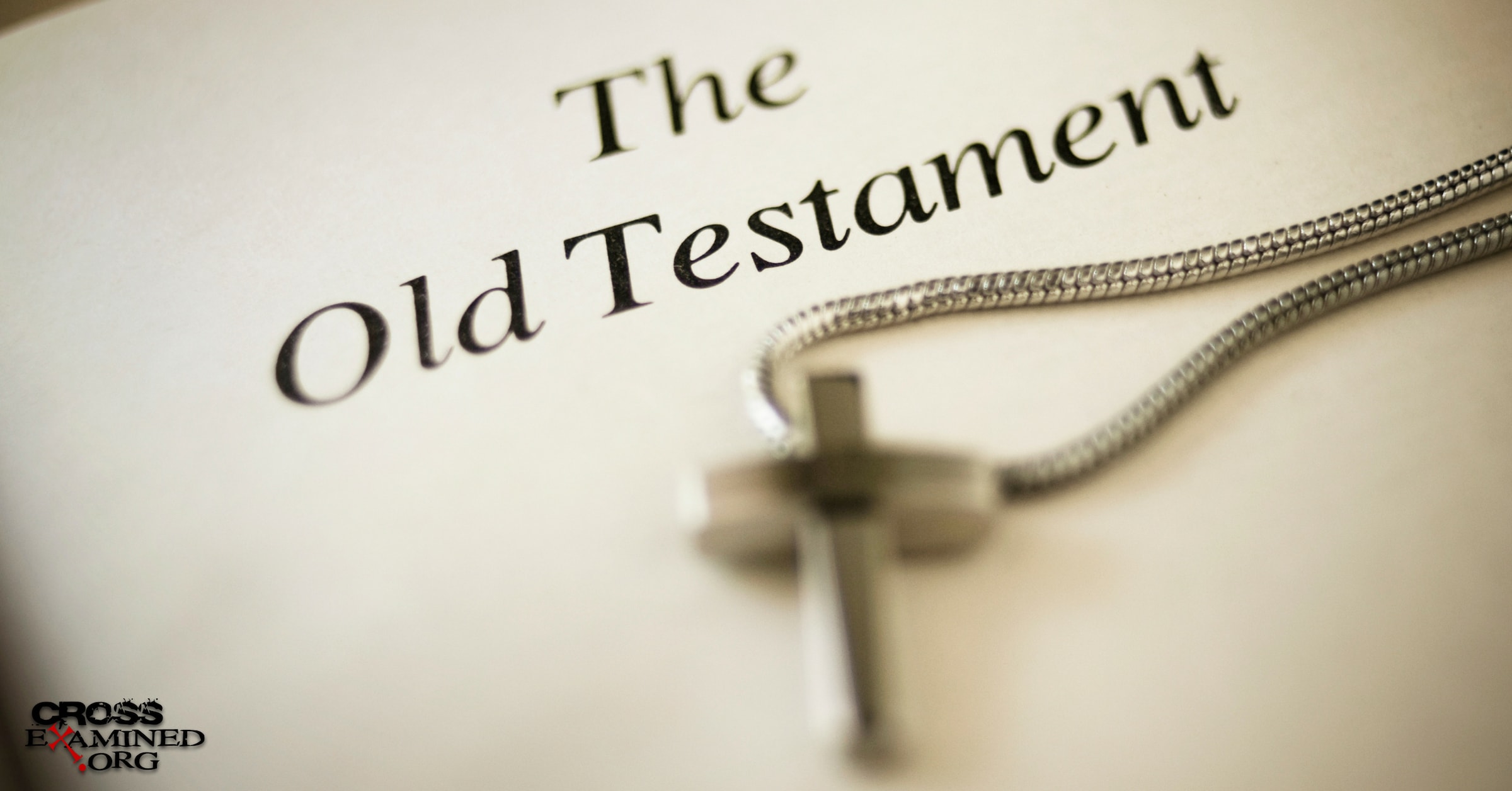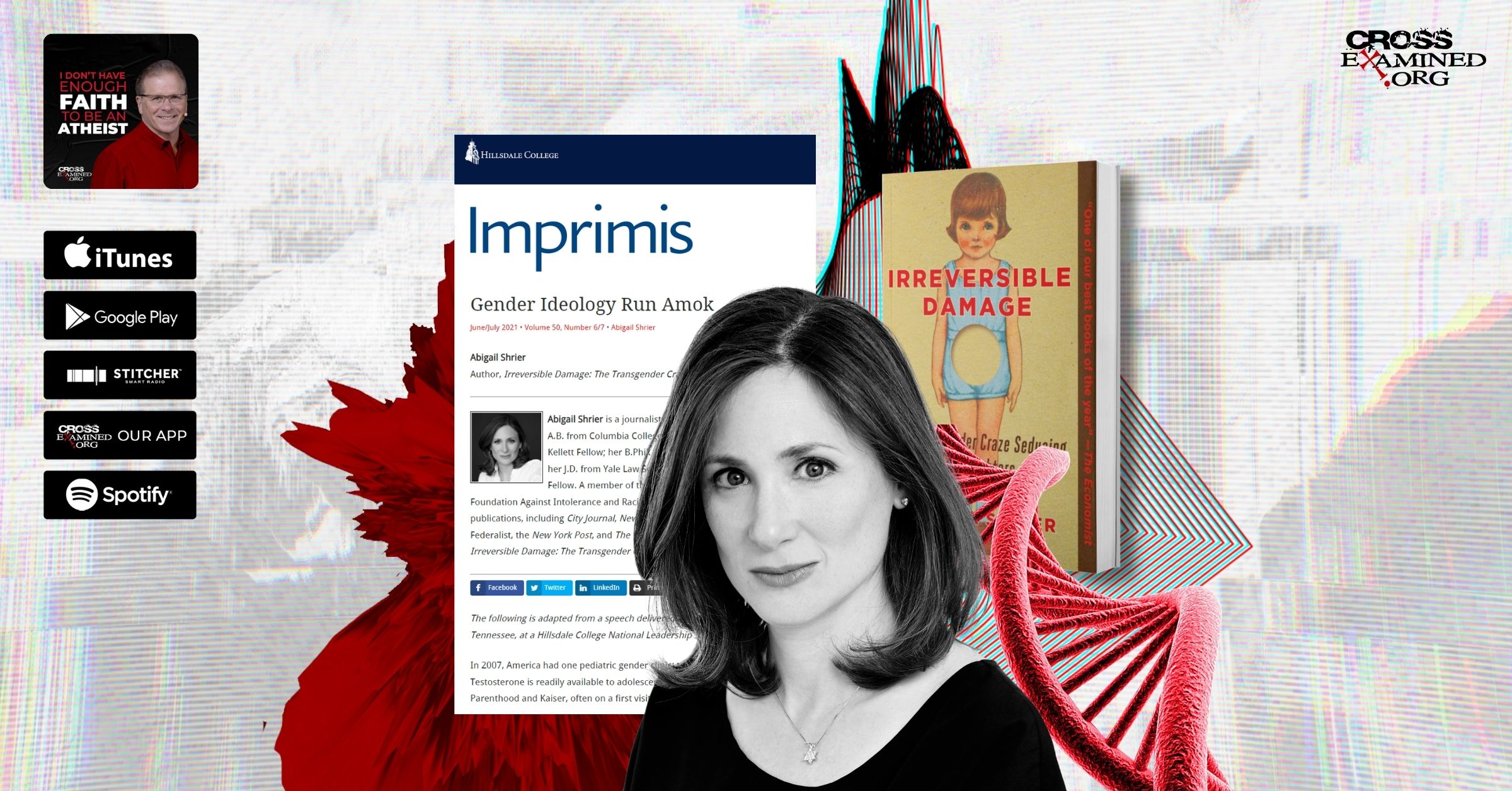What Doctrinal Differences Tell Us
By Al Serrato
Challenges to Christianity don’t always come from the outside, from atheists committed to removing every vestige of religious faith from society. Challenges can also come from committed Christians, whose beliefs are influenced, and often shaken, by philosophical ideas that are intended to make people stumble.
Recently I was asked this question: “There are numerous Christian denominations, many of which accuse other denominations of doctrinal error. Doesn’t this amount to proof against the existence of God? After all, what kind of God would allow his ‘inspired’ word to be understood so differently by different people?”
This question has substantive, albeit superficial, appeal. Indeed, if you raised your eyebrow and said, “Good question,” you certainly wouldn’t be alone. Of course, there is a trick to such a question, a premise hidden within it, which needs to be teased out and directly considered. I think the full argument, the one in which the logical premise is more explicitly stated, would go something like this:
- If God exists, he would make himself known directly and personally to prevent and safeguard us from doctrinal error.
- There exists doctrinal error.
- Therefore, there is no God.
When you make explicit the premise, you can see that it isn’t necessarily true. The premise is asserting, without providing any proof, that God would choose to act in a certain way. The assertion embodies the view that God values absolute doctrinal uniformity as the highest good and therefore would not allow such error to occur. But why should this be so? Consider how the first premise, if true, would change the nature of God’s interactions with his creation. We would not only know with certainty that he exists, but we would also know in exact detail his every wish or desire. There would be nothing to discuss, no personal growth from overcoming doubts within one’s faith, no ability, in short, to use our free will to search for God and respond, in our own imperfect way, to his call. Instead, his presence and will would essentially be forced upon us.
What then of another human quality that God also seems to value: free will? Is it possible, in fact, that God values free will higher than he values freedom from doctrinal error? After all, it certainly seems that God values free will quite a bit since it is built intrinsically into human nature. Every day we are free to make choices that direct the course of not just the day but ultimately our lives. More importantly, without free will there could be no such thing as love – no doubt the highest value – as love is at its essence the committing of one’s will to the good of another. Though some may deny the existence of free will, that very choice – to hold such a belief and then express it – betrays their case as no one has forced them to adopt that view or to express it.
God has furnished us with sufficient evidence to believe in him, to make our faith rational. Indeed, countless millions who have gone before us have drawn comfort from that knowledge. But he did not provide us with so much evidence that we have no choice but to believe. While he has made himself known to us through general revelation, that is, through the physical world around us, and through the words of the Bible, there is simply no reason to conclude that God seeks to ensure, on a direct and personal level, that we never make mistakes about him, or about his will. After all, if he did directly and personally ensure no mistaken beliefs, would this not amount to removing our free will not to believe?
Some may respond to this with a question: why should the two be in conflict? Why couldn’t God provide us with irrefutable proof of his will (that is, provide us with clear doctrine) in a way that still allowed us to exercise free will? It is of course impossible for limited human beings to know and understand the mind of God. Consequently, any answer to this challenge must be made with the humility to recognize the limits of our ability to know. But it seems to me that the answer has something to do with the distinction between “knowing something,” or someone, and “getting to know” them.
Perhaps God desires that we work at getting to knowing him. A meaningful relationship means that we must know more than a set of rote facts about the other person. A loving partner must know more than the date of birth, height, and weight of their spouse. We need to learn about what matters to them, what their interests are, their likes and dislikes. The only way to do this is to take the time to listen to them, learn from them, to develop connections that grow stronger through time. That of course is what revelation is all about, God’s way of beginning to reveal to us who he is and what he expects. From nature, we see that he is incredibly powerful and highly intelligent. From his Word, we see that he is a God of love who wishes to restore to us a relationship with him that was broken in the distant past. True, many times we get the details wrong, but it’s the process of trying, of praying, of going back to the Scriptures for study, fellowship, and discussion, that matters. This is what eventually leads to developing a deepening knowledge of him and from that knowledge, faith, and trust in his plan.
We shouldn’t despair at the thought that every Christian has a slightly different picture of God. It’s to be expected, given human fallibility. But as we approach this topic, we should take to heart Peter’s admonition (1 Peter 3) that when we give the reason for our hope, we do it with gentleness and respect, keeping our consciences clear.
Who knows, we might even end up with fewer disagreements.
Recommended resources related to the topic:
Tactics: A Game Plan for Discussing Your Christian Convictions by Greg Koukl (Book)
So the Next Generation will Know by J. Warner Wallace (Book and Participant’s Guide)
Jesus, You and the Essentials of Christianity by Frank Turek (INSTRUCTOR Study Guide), (STUDENT Study Guide), and (DVD)
______________________________________________________________________________________________________________________________________________
Al Serrato earned his law degree from the University of California at Berkeley in 1985. He began his career as an FBI special agent before becoming a prosecutor in California, where he continues to work. An introduction to CS Lewis’ works sparked his interest in Apologetics, which he has pursued for the past three decades. He got his start writing Apologetics with J. Warner Wallace and Pleaseconvinceme.com.











